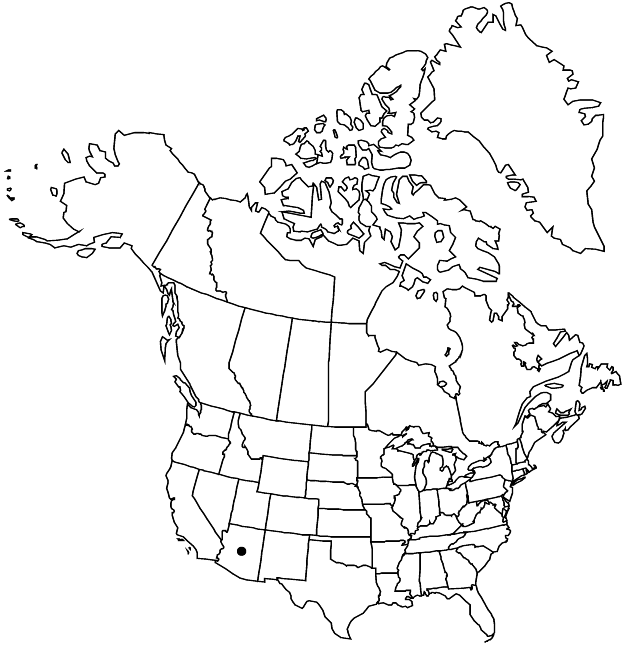Difference between revisions of "Eriogonum umbellatum var. mohavense"
Phytologia 86: 149. 2004.
FNA>Volume Importer |
imported>Volume Importer |
||
| Line 47: | Line 47: | ||
|publication year=2004 | |publication year=2004 | ||
|special status= | |special status= | ||
| − | |source xml=https:// | + | |source xml=https://bitbucket.org/aafc-mbb/fna-data-curation/src/2e0870ddd59836b60bcf96646a41e87ea5a5943a/coarse_grained_fna_xml/V5/V5_692.xml |
|subfamily=Polygonaceae subfam. Eriogonoideae | |subfamily=Polygonaceae subfam. Eriogonoideae | ||
|genus=Eriogonum | |genus=Eriogonum | ||
Latest revision as of 22:13, 5 November 2020
Herbs, spreading mats, 0.5–2 × 1–3 dm. Aerial flowering stems spreading to erect, (0.3–)0.5–1.5(–2) dm, floccose, without one or more leaflike bracts ca. midlength. Leaves mostly in tight rosettes; blade narrowly elliptic, 0.7–2.5 × 0.3–1 cm, thinly floccose on both surfaces or glabrous adaxially, margins plane. Inflorescences umbellate; branches 2.5–8 cm, thinly floccose or glabrous, without a whorl of bracts ca. midlength; involucral tubes 2–3 mm, lobes 1.5–3 mm. Flowers 3–7 mm; perianth bright yellow.
Phenology: Flowering May–Jun.
Habitat: Sandy to gravelly flats and slopes, sagebrush communities, oak, pinyon-juniper, and montane conifer woodlands
Elevation: 1200-1600 m
Discussion
Variety mohavense is known only from the Black Rock and Wolf Hole mountains area on the Arizona Strip of Mohave County, Arizona. The rays or branchlets of the inflorescences are rather long (2.5–8 cm). The taxon is related to the much more widely distributed, late-season-flowering var. subaridum found to the north and west.
Selected References
None.
